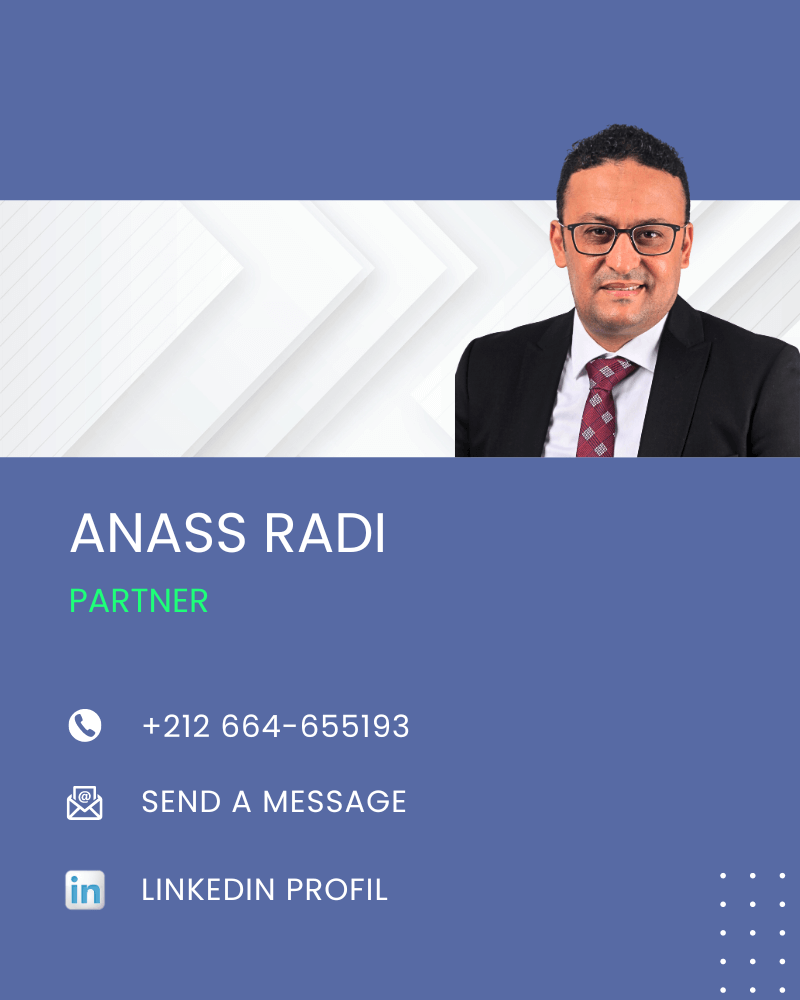Consolidation of financial statements :
Should consolidation become mandatory in Morocco ?
- Written by : Anass RADI
- 15-03-2024
Consolidation of accounts:
should it become mandatory
in Morocco?
- Written by : Anass RADI
- 15-03-2024
The reliability and clarity of financial information play a decisive role in the efficient operation of financial markets, offering companies the opportunity to stand out in an increasingly globalized economic context. In this dynamic, Morocco, which is pursuing sustained economic growth while gradually opening up to foreign investment, is positioning itself as a key player on the international scene.
Consolidation of group accounts is a widely adopted accounting technique for communicating clear and transparent financial information to all stakeholders.
Given the crucial importance of consolidation in guaranteeing the transparency and reliability of financial information, many countries have introduced regulations requiring groups of a certain size to consolidate their accounts.
Although the Moroccan legislative framework limits this obligation to certain specific groups (such as listed companies, public entities and credit institutions), several Moroccan groups are opting to consolidate their accounts on their own initiative. This voluntary approach is motivated by the desire to improve internal management or to present complete and transparent financial information to their shareholders.
This article aims to demonstrate the importance of making account consolidation mandatory in Morocco, highlighting its role in attracting foreign investment and strengthening its economic presence on the international stage.
Why consolidate accounts?
Consolidation of accounts offers a number of advantages, including greater financial transparency, a more accurate assessment of a group’s results, better risk management and enhanced comparability between groups of companies. It also enables potential financial problems to be detected more quickly, playing a vital role both in steering a group of entities and in providing financial information to third parties.
Morocco’s economic landscape
Morocco has distinguished itself in recent years as an economic hub in Africa, attracting investors from all over the world thanks to its political stability, proximity to Europe, and access to African markets. Sectors such as tourism, agriculture, manufacturing and renewable energies have seen a significant influx of foreign investment. Nevertheless, to sustain and strengthen this interest, Morocco needs to adapt its accounting practices to international requirements.
Why should consolidation be mandatory ?
Mandatory consolidation of financial statements in Morocco is in line with the principles of transparency and corporate governance. By making this practice compulsory, Morocco would send a strong signal to international investors about its determination to adopt best practices in financial reporting. This would increase investor confidence, which is essential for attracting new foreign capital.
The benefits of mandatory consolidation
– Financial transparency : Mandatory consolidation gives greater visibility over the activities and financial health of corporate groups.
– Comparability : Mandatory consolidation enables easier comparison between groups of companies, which is essential for investors, creditors and financial analysts.
– Risk management : Consolidation helps to identify potential financial risks earlier, enabling proactive risk management.
– Group management : Consolidation provides management with an integrated view, crucial for effective and well-founded strategic decisions.
– International standards : Consolidation is generally carried out in accordance with international accounting standards. This process not only standardizes group financial reporting, but also enhances its readability and credibility with an international audience.
– Improved access to capital : Consolidated and transparent financial information can improve companies’ access to more diversified and potentially less costly sources of financing, by increasing the confidence of lenders and investors.
– Impetus to reorganization and best practices : The requirement to consolidate accounts prompts groups to re-evaluate and potentially restructure their operations for greater efficiency, encouraging the adoption of good management and organizational practices. This leads to continuous improvement of internal processes and optimized overall performance.
Potential challenges
– Costs: Implementing consolidation systems can sometimes be costly for companies, particularly small and medium-sized enterprises. These costs can include the acquisition of consolidation software, the hiring of specialized consultants for integration and training, as well as the ongoing costs of maintaining and updating these systems. Today, the market offers a variety of financial consolidation tools tailored to the budgets of small and medium-sized groups, making this investment more affordable. Targeted support can optimize the implementation budget and encourage the adoption of best practices. This approach rationalizes expenditure while maximizing the efficiency of the consolidation process.
– Complexity : Consolidating accounts can be complex, particularly for groups with numerous entities. The management of various currencies, adherence to several accounting regulations, and synchronization of financial practices between entities all require meticulous attention.The expertise of specialized consolidation consultants can simplify the management of multiple entities and international operations.
– Training : Investing in staff training is essential for companies wishing to ensure reliable accounts consolidation. This training must cover not only the use of consolidation software and systems, but also a thorough understanding of accounting principles, financial reporting standards (IFRS, CGNC or others), and the various specific regulatory requirements. Strengthening internal skills in this area is crucial to reducing errors and optimizing consolidation procedures, thus guaranteeing the integrity and accuracy of consolidated financial reports.
Conclusion
Financial information is the lifeblood of financial markets, so imposing consolidation of accounts in Morocco would substantially enrich the volume of financial information available, acting as a catalyst to improve its quality.
Financial consolidation offers a more accurate and comprehensive overview of the financial situation of groups of companies, revealing crucial data on their economic performance, financial strength and risks.
This is particularly important in an emerging market like Morocco, where access to reliable, detailed financial information can sometimes be limited. By enriching the pool of available financial information, consolidation of accounts would contribute to a better allocation of financial resources, a more accurate assessment of companies and a reduction in information asymmetry.
Anass RADI – Partner CONSO PLUS
March 15, 2024
SEE MORE
OUR PARTNERS
Contact us
Discover our office
CONSO PLUS N°1, Building N°12 MADINAT AL IRFANE RABAT | MOROCCO

© Copyright 2024 CONSO-PLUS. Tous droits réservés.
Conditions générales d’utilisation Mentions légales Plan du site FAQ


